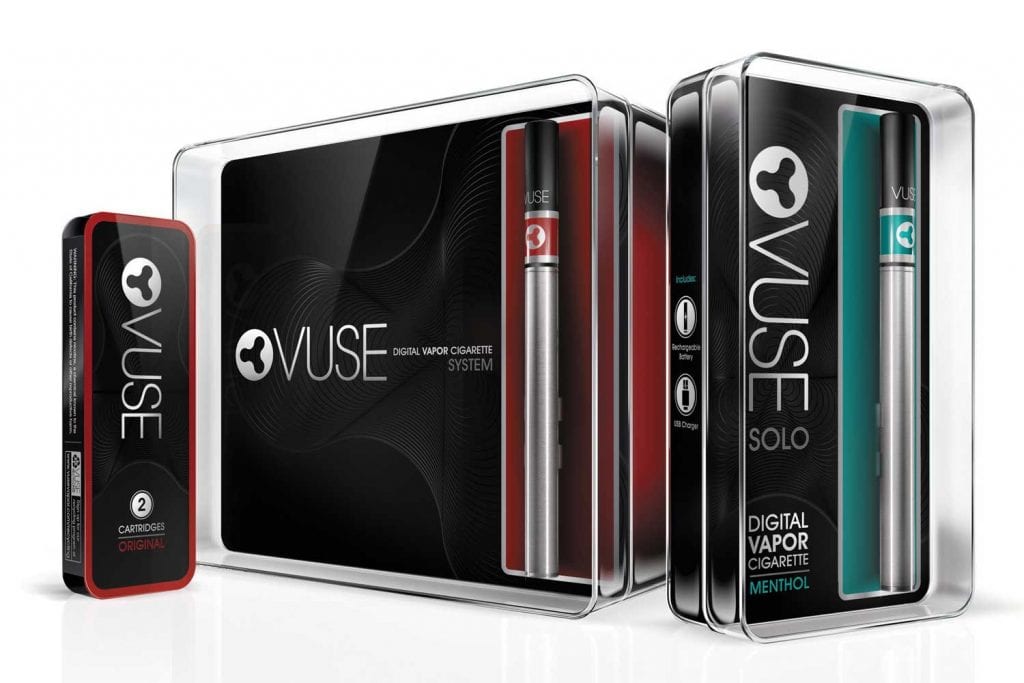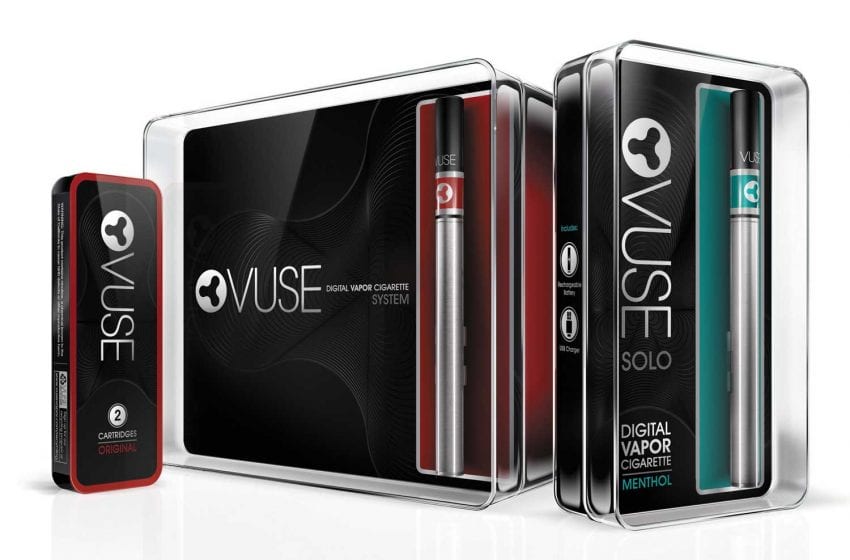
Combustible cigarette sales are slumping slightly, but still continuing to perform better than expected while vapor products fall more than 17 percent, according to the latest Nielsen convenience store report.
Overall sales volume for traditional cigarettes was down 2.1 percent for the four-week period that ended Aug. 22, according to the latest Nielsen. By comparison, the sales volume was down 0.8 percent in a four-week period in May, according to the Winston-Salem Journal.
Electronic cigarettes sales, by contrast, are down 17.4 percent for the same four-week period ending Aug. 22. Vapor sales have been on a continuous decline for six months since the Food and Drug Administration implemented its latest round of heightened regulations on the products.
It should be noted that Nielsen does not track brick-and-mortar vape shop sales. Industry experts say that data could have a major impact on market share if it were to be included.
The FDA regulations have depressed the demand for closed-pod cartridges that provide the nicotine, with No. 2-selling Vuse of R.J. Reynolds Vapor Co. being the lone exception, according to the news report.
“The Nielsen data continues to show the decline in cigarette sales moderating to a pace that is only about a quarter of the rate of contraction in the second quarter of last year — before the much-enhanced attacks on vaping,” said David Sweanor, an adjunct law professor at the University of Ottawa and the author of several e-cigarette studies.
Overall e-cigarette sales-volume growth has declined steadily since Nielsen’s Aug. 10, 2019, report, when it was up 60.2 percent year over year. The latest FDA restrictions on the sector debuted Feb. 6. The FDA raised the legal smoking age from 18 to 21 on Dec. 20.
Those restrictions foremost required manufacturers of cartridge-based e-cigarettes, such as Juul Labs, R.J. Reynolds Vapor Co., NJoy and Fontem Ventures, to stop making, distributing and selling “unauthorized flavorings” by Feb. 6, or risk enforcement actions.
The menthol and tobacco flavors still allowed for cartridge e-cigarette flavorings are the same as those that are legal in traditional cigarettes. Juul’s four-week dollar sales have dropped from a 50.2 percent increase in the Aug. 10, 2019, report to a 32.9 percent decline for the latest report. By comparison, Reynolds’ Vuse was up 56.7 percent in the latest report and NJoy down 40.8 percent.
Juul has a 57.8 percent market share, unchanged from the previous report. Vuse is at 23.6 percent, up from 20.4 percent, while NJoy at 5 percent, down from 11.3 percent, and Fontem Ventures’ blu eCigs at 2.7 percent, down from 3 percent.
Pricing and availability may be a motivating factor in the slowing of the decline of combustible cigarette sales. The Covid-19 crisis did slow product shipments from China and lower gas prices coupled with restricted travel have given consumers more expendable income, according to reports.
Interestingly, cigarette sales in Australia are plunging faster than any time in history as smokers turn to vapor products. There were 410 million fewer smokes sold in the country than two years ago.
Cigarettes in Australia are more expensive than anywhere else in the world at $32 per pack of 25 sticks.
Last year, about 2132 million cigarettes were sold in Australia – 193 million fewer than 2018, and following a 217 million drop the previous year.

